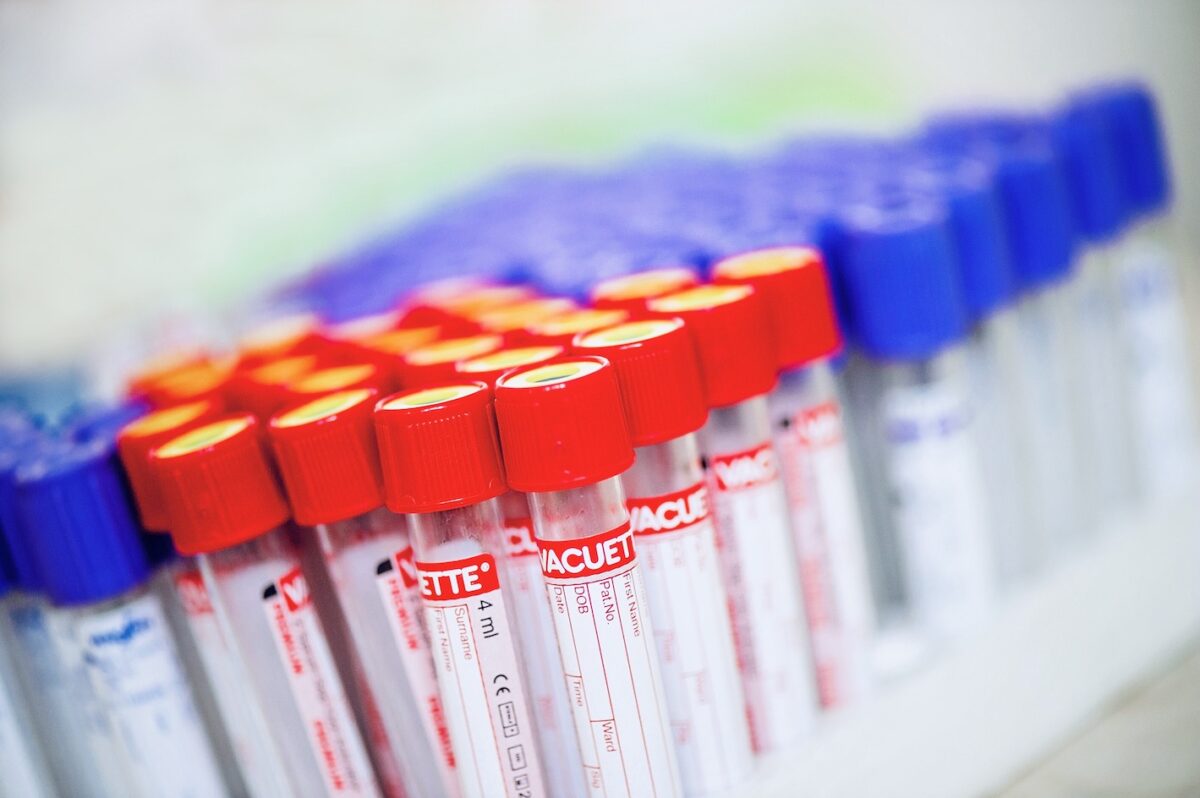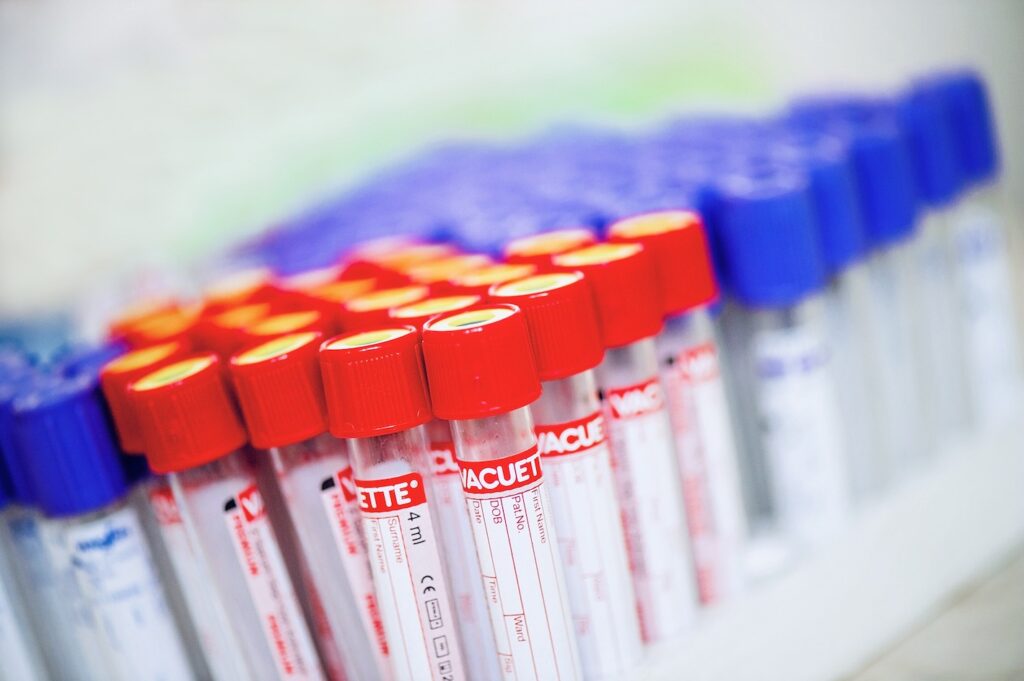Importance of STIs Testing
Sexually transmitted infections (STIs) are a common health concern, affecting millions of people worldwide. STI testing is an important tool for preventing the spread of STIs, as well as detecting and treating infections before they cause serious health problems. There are several benefits to STI testing that everyone should be aware of.
Early Detection & Treatment of Infections
One of the primary benefits of STI testing is early detection and treatment of infections. Many STIs are asymptomatic, meaning that infected individuals may not experience any noticeable symptoms. This can lead to the spread of the infection to others and the development of serious health problems. By getting tested regularly for STIs, individuals can catch infections early and receive prompt treatment to prevent complications.
Another benefit of STI testing is reducing the risk of transmission. Many STIs can be spread through sexual contact, and individuals who are infected may unknowingly pass the infection to others. By getting tested and receiving treatment, individuals can reduce their risk of passing on the infection to their sexual partners.
STI testing can also provide peace of mind. Many people may worry about their sexual health and whether they have been infected with an STI. By getting tested, individuals can alleviate their fears and take control of their health. Even if an STI is detected, knowing about it can empower individuals to seek treatment and take steps to prevent further transmission.
Improve Overall Sexual Health
STI testing can also improve overall sexual health. By knowing their STI status, individuals can make informed decisions about their sexual behavior and protect themselves and their partners from infection. This can lead to healthier sexual relationships and reduce the risk of complications from STIs, such as infertility or cervical cancer.
In addition, STI testing can provide important information for healthcare providers. By understanding the prevalence of STIs in their community, healthcare providers can develop targeted interventions to reduce transmission and improve access to testing and treatment. They can also use this information to identify high-risk groups and provide education and resources to prevent infection.
Improve Reproductive Healthcare
STI testing is also a routine part of reproductive healthcare. Women who are pregnant or planning to become pregnant may be tested for STIs as part of their prenatal care. This can help prevent transmission of infections to the baby and ensure a healthy pregnancy and delivery.
Finally, STI testing is often confidential and non-judgmental. Many healthcare providers offer testing in a private and respectful environment, and results are kept confidential. This can encourage individuals to seek testing and treatment without fear of stigma or discrimination.
In conclusion, STI testing is an important tool for preventing the spread of STIs, detecting infections early, and promoting overall sexual health. Everyone should consider getting tested regularly, especially if they have multiple sexual partners or engage in high-risk behaviors. With regular testing and treatment, we can work towards a world where STIs are no longer a major public health concern.



